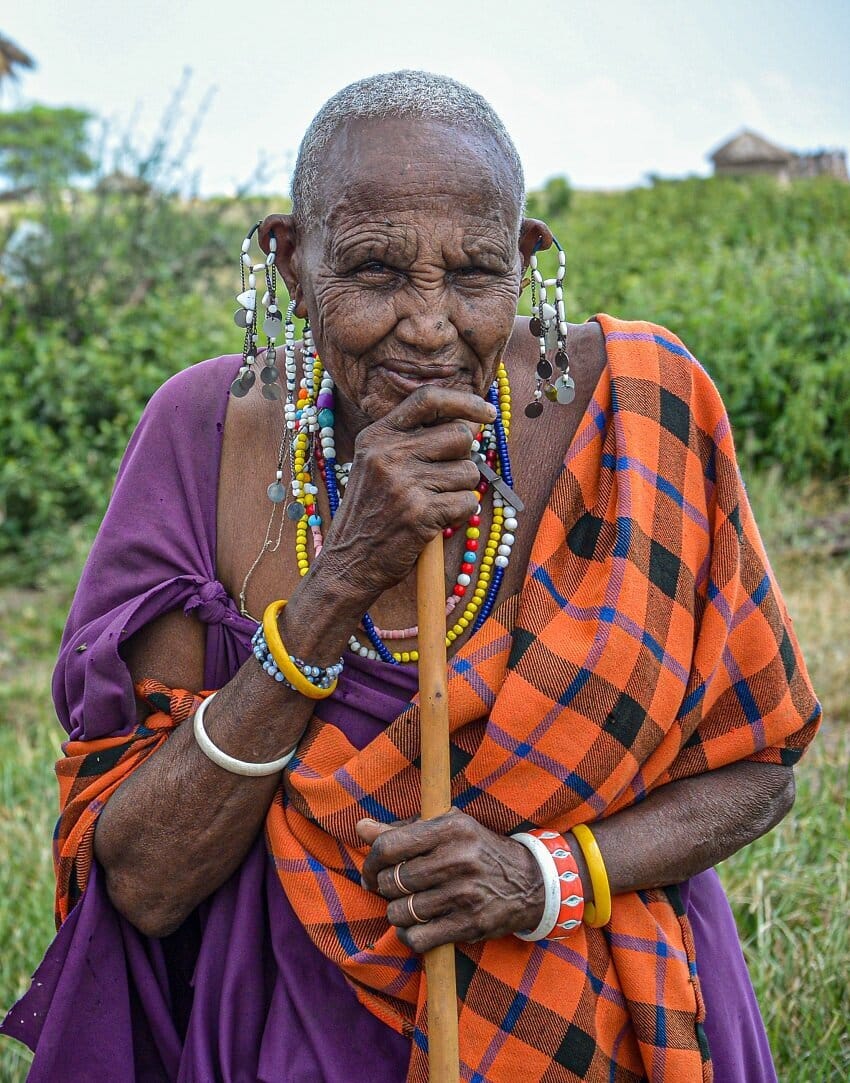- Kashif Khan
- Posts
- Does Your Metabolism Slow As You Age?
Does Your Metabolism Slow As You Age?
Debunking the myth that's preventing you from losing weight
If you’re over the age of 30, you’re probably convinced that your metabolism has slowed down.
You can’t stay lean eating whatever you want just like you did in your twenties.
While this might be true for you…
The belief that your metabolism slows down with age is not true.
More years does not mean a slower metabolism.
And this belief is preventing you from losing fat, since you think it is out of your control and you’re doomed to get fatter as you age.
Fat loss is certainly within your control, no matter what age you are, and there’s plenty of evidence to support this claim.
Debunking The Age-Old Myth
The idea that your metabolism doesn’t slow down isn’t an unrealistic, non-scientific claim. It’s rooted in plenty of research.
For example—a huge study done in 2021 observed 6,400 people from 29 countries, aged 8-95 years old (PMID: 34385400).
They found that as people age, their metabolism remains stable… even during pregnancy. They concluded that activity levels are far more important than age when it comes to metabolism.
These four meta-analyses point to the same conclusion…
(1) The doubly labeled water method for measuring energy expenditure: what can it tell us about aging? - Speakman, John R. et al. (2016)
This analysis reviewed several high-quality studies with thousands of participants. It concluded that changes in metabolism aren’t because of age, but decreases in activity levels.
(2) The Harris-Benedict equation reevaluated: resting energy requirements and the body cell mass Roza - A.M., & Shizgal, H. M. (1984)
This analysis looked at data from hundreds of subjects across many ages and body compositions. They found that the reason why older people need fewer calories is because they tend to become less active, not because their metabolism is slower.
(3) Energy expenditure and aging - Manini, Todd M. (2010)
This review looked at several studies on how energy use changes as we age. They concluded that the reason why older people need less energy is due to decreased physical activity and muscle loss, not a slower metabolism.
(4) Relationship of genetics, age, and physical fitness to daily energy expenditure and fuel utilization - Ravussin, E., & Bogardus, C. (1989)
This analysis studied how genetics, age, and fitness affect energy use. It found that genetics and fitness levels have the biggest impact on how many calories you burn, not your age.
To no surprise, there isn’t one community in the world where active old people are significantly fatter than young people.
Old people in Okinawa, Japan claim that staying active is the secret to a long life. They live longer than anyone in the world and remain slim their whole lives.
Elders from tribes in Tanzania, also remain active in old age. They remain strikingly lean and healthy until death.
Vietnam, South Korea, Switzerland, and Japan all have strong cultures of physical activity, and as a result, have single-digit obesity rates.
The real cause of a “slow metabolism” is decreasing activity levels, not your age.
This is important to know if you want to lose weight, since the belief that you can’t because of age will make it impossible.
If you want to learn the 6 most important weight loss strategies to shed excess weight in just a few months…
Stay tuned for tomorrow’s email. I’m going to give you all of them for free.
Until next time,
Kashif Khan
Please give your feedback on this newsletter. |
These statements have not been evaluated by the Food and Drug Administration. This product is not intended to diagnose, treat, cure, or prevent any disease. Information on this site is provided for informational purposes only. It is not meant to substitute for medical advice from your physician or other medical professional. You should not use the information contained herein for diagnosing or treating a health problem or disease or prescribing any medication. If you have or suspect that you have a medical problem, promptly contact your regular healthcare provider.

